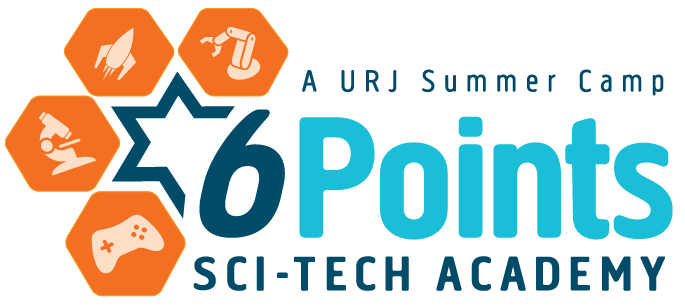By Ryan Leszner, Director of Jewish Life
Let me tell you a story. I was working at a summer camp one summer, and I had the most horrible supervisor. She would constantly tell me what a horrible staff member I was, and how I would never be as good as her. She would purposefully give me the more difficult cabins to teach and would show up late for things we were scheduled to do together. At the end of the summer, my evaluation was poor, and depicted a staff member that wasn’t me. She put a lot of blame on me for things that were not my fault. I was angry. I decided to take matters into my own hands.
I decided it would be a great idea to write an evaluation for her. It was not flattering. I mentioned how she was constantly late, rude, and inconsiderate of my time. On a ranking system between 1-5, I often wrote in zeros. It was a little mean, but an accurate depiction of her. It was one of the most difficult summers of my life and one of the most challenging people I’ve ever had to work with. When I finished writing the evaluation I was so excited to hand it to her supervisor, as some sort of rebellion or retaliation for causing me to have a hard and often challenging summer filled with doubt and insecurity about my abilities as a staff member, and as a leader. I never did anything with the evaluation, but I did leave that summer with an understanding of what kind of supervisor I wanted to be.
This week’s Torah portion is Korach, who is the leader of a rebellion against two of the most prominent characters in the Hebrew Bible, Noah and Aaron. He is upset because there seems to be some favouritism in terms of who can perform the ritual sacrifices. Korach and his followers declared that all people are holy and were concerned as to why God would place people above each other. Surely, they contended, God would want the power and the privilege shared equally among all the people.
Cue Moses, who heard and sympathized with the rebels. He decided to put them to the test, by having them bring pans of incense to the mishkan (tabernacle) to perform the ritual incense burning. From the text we learn that Moses was a great leader. Firstly, upon learning of the rebels unhappiness, he reached out to talk to them, showing that he is Rachum vChanun: Compassionate and Merciful. Instead of lashing out at his enemies, Moses trusts his own leadership tactics and trusts that he can persuade, discuss and negotiate. Moses had the opportunity to lash out, but instead works with his enemies to work and negotiate with them. Rabbi Brad Artzen states in his book, Bedside Torah, that power is more than just using force – it’s about accommodating one another and working with one another. In a world where we are quick to judge or attack, it is important to take time to persuade, explain, and educate to produce results of depth within our society. It would make the planet a more peaceful place to live.
We all get to be leaders this summer. It’s what we were hired to do. Our campers are counting down the days until they come to camp, and it’s our responsibility to ensure that they are safe, nourished, and thriving in their surroundings. Something I wish I learned before my first summer working at camp, is that if you trust your instincts, and come from a place of compassion and love, the possibilities for what you can do this summer are endless. We have a fabulous group of people here this summer, who are all here for the same reason. Let’s be sure we utilize each other, lift each other up when we’re struggling, and most of all, trust our instincts. We’re all here for a reason. Let’s use our collective experiences to grow together and make this summer the best for our campers, but also for ourselves.
What do we take away from this?
Writing that evaluation helped me to understand who I wasn’t. Over the course of working with this supervisor I learned how to be a more compassionate mentor and person, and even though it was difficult it taught me a lot about myself and what I am able to overcome. I learned that no matter what any individual is going through, the greatest gift we have is being able to be there for each other. Even in our darkest moments, there are ways to learn how to be better mentors, leaders, and people. The challenge is to find the positives and lessons when things get hard for us this summer and remember that we are in it together. If we can remember to be a little bit like Moses and show compassion and mercy in the times where we are frustrated and operate from a place of empathy and respect for all people, I think this could be the best group of staff Sci Tech has ever seen.
This post was originally given as a drash during Saturday morning T’fhilah
